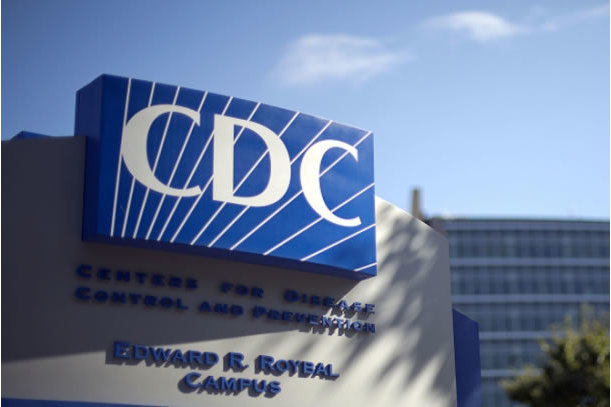Latest News
CDC provides $2.1 million grant to conduct COVID-19 study in Nigeria

News Highlight
The epidemiological study will estimate COVID-19 prevalence in communities, household transmission, the proportion of subclinical infections and risk factors for infection.
The United States Centers for Disease Control and Prevention (CDC) has awarded $2.1 million grant to Nigeria to support a population-based epidemiological study to estimate coronavirus disease (COVID-19) prevalence in communities, household transmission, the proportion of subclinical infections and risk factors for infection. The amount is part of a $4 million grant to support COVID-19 response activities in four African countries, namely Nigeria, Botswana, Malawi, and Mozambique.
Per a statement released on Wednesday, the fund was granted to the Center for International Health, Education and Biosecurity (Ciheb), a development and research centre at the University of Maryland (UM) School of Medicine. The study will use methods similar to the WHO Unity Studies to ensure comparability across countries.
The study will be led by principal investigator, Kristen Stafford, PhD, MPH, assistant professor of epidemiology and public health and Ciheb Associate Director, Institute of Human Virology, UM School of Medicine. According to a statement by the school, data generated from the study will characterize the spectrum of disease resulting from COVID-19 and provide critical information on the clinical course and outcomes of COVID-19.
"Low-resource regions in Africa are vulnerable to the impact of COVID-19, and Ciheb is engaged and well-positioned to build upon our partnerships with ministries of health in each country to further the understanding of the pandemic, while strengthening their capacity to monitor and control the spread of the disease," said Man E. Charurat, professor of medicine and Ciheb global director.
This information will also be vital to inform local response efforts, including the development of strategies to target potential prevention and control interventions to high risk groups, develop clinical treatment guidelines to mitigate the effects of COVID-19, and strengthen the health system to respond to the pandemic. In addition, technical assistance will be provided to enhance and strengthen disease surveillance and improve laboratory diagnostics.
Ciheb was founded in 2016 by the Institute of Human Virology at the UM School of Medicine. Its global teams work to expand health service capacity and quality of service in developing nations confronting epidemic diseases such as HIV/AIDS, tuberculosis and malaria.
To conduct a similar study in Botswana, $810,000 was awarded by CDC to support the development of an influenza-like illness (ILI) and severe acute respiratory infection (SARI) surveillance systems for the Botswana Ministry of Health and Wellness. In Malawi, the award of $795,000 will enhance the Malawi Ministry of Health's laboratory capacity in five primary areas: training, quality control, supplies, services, and waste management. Meanwhile, in Mozambique, the award of $380,000 will ensure maintenance for ABI 7500 and ABI 7900 PCR instruments installed at the National Institute of Health in Maputo Province.
Dean E. Albert Reece, professor of medicine and Executive Vice President for Medical Affairs, UM Baltimore, said, "The School of Medicine, through Ciheb and the Institute of Human Virology, is proud to contribute its expertise to the ongoing work on the African continent supported by the U.S. Centers for Disease Control and Prevention."
Related News
Latest Blogs
- What is most important for Nigeria in 2026
- Restoring asset declaration as a tool of public accountability
- Tackling antibiotic resistance through safer food systems
- Big government, little governance
- What will matter in Nigeria in 2026
Most Popular News
- NDIC pledges support towards financial system stability
- Artificial intelligence can help to reduce youth unemployment in Africa – ...
- FRC Chairman commends NDIC for prompt remittance of operating surplus
- Pan-African nonprofit appoints Newman as Advisory and Executive Boards Chair
- Abebe Aemro Selassie to retire as Director of African Department at IMF
- Dollar slumps as Fed independence comes under fire









